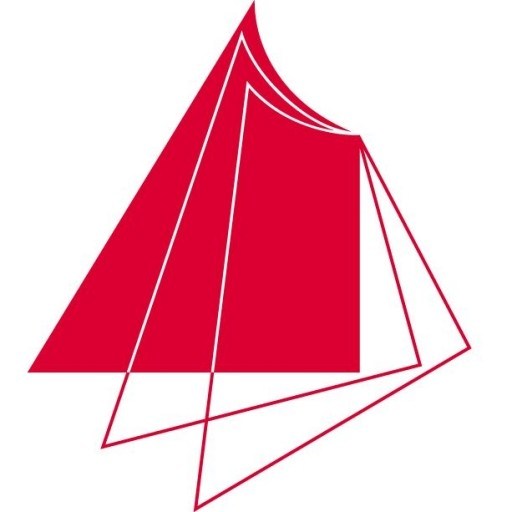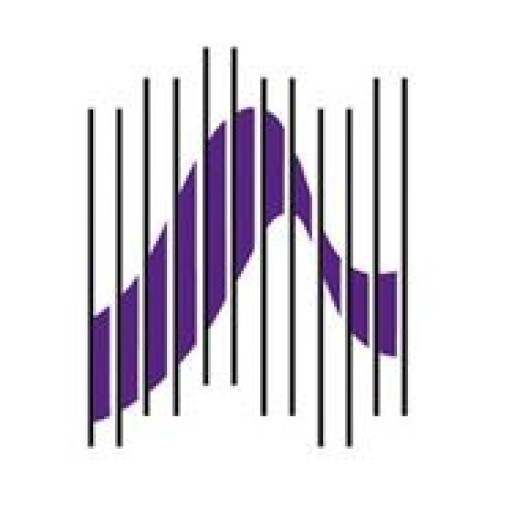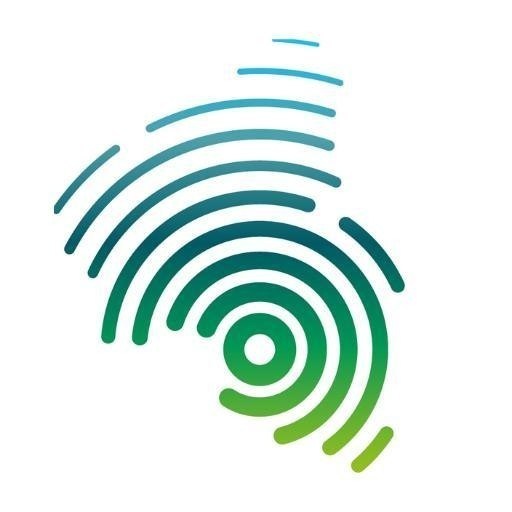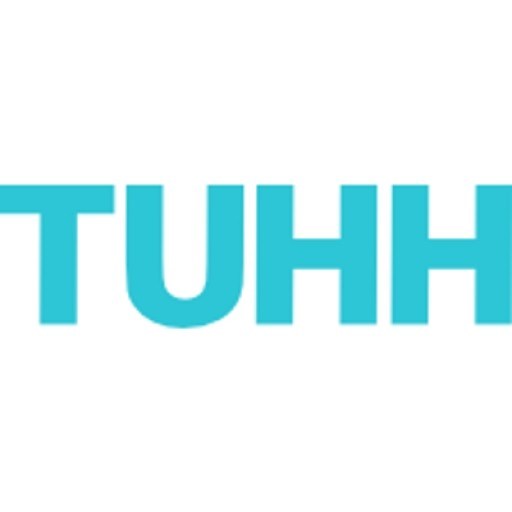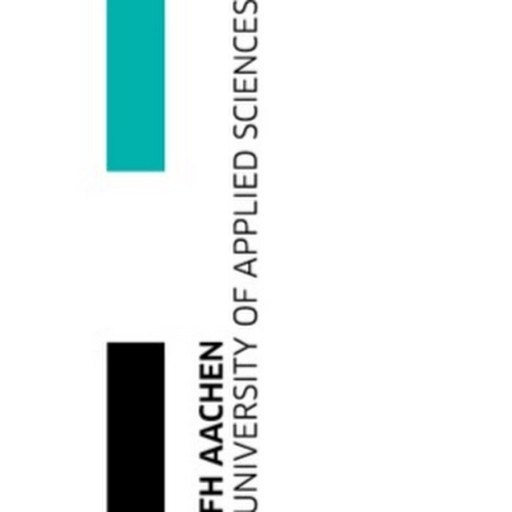Photos of university / #chalmers.university
Master's Programme in Systems, Control and Mechatronics is a comprehensive two-year advanced degree offered by Chalmers University of Technology, designed to equip students with in-depth knowledge and practical skills in the fields of automation, robotics, and intelligent systems. This interdisciplinary programme combines principles from electrical engineering, mechanical engineering, computer science, and control theory to prepare graduates for innovative work in the development of complex technical systems that are increasingly integrated into everyday life. Throughout the programme, students gain a solid foundation in control systems, embedded systems, sensors and actuators, and mechatronic design, enabling them to analyze, design, and optimize various automated and robotic systems.
The curriculum emphasizes a hands-on approach, with laboratory work, projects, and collaborations with industry partners to ensure students acquire real-world experience. Core courses cover advanced control strategies, digital signal processing, machine learning for control, and system modeling and simulation. Students also have opportunities to specialize in areas such as robotics, automotive engineering, or industrial automation, tailoring their education to their interests and career aspirations. The programme encourages international collaboration and cultural exchange, with opportunities for exchange studies and internships abroad.
Graduates from the Master's Programme in Systems, Control and Mechatronics will be well-positioned to pursue careers in automation and control systems engineering, robotics development, research and development, or within academia. They are highly sought after by leading technology companies, automotive industries, and research institutions, both in Sweden and internationally, due to their advanced technical competence and problem-solving skills. The programme also provides a strong foundation for further academic study, including PhD research, in the fields of systems and control engineering. Graduates become equipped to contribute to the development of sustainable and innovative technological solutions that address complex challenges in society, industry, and the environment.
The Master's Programme in Systems, Control and Mechatronics at Chalmers University of Technology offers a comprehensive education designed to equip students with advanced knowledge and skills in the fields of systems engineering, control engineering, and mechatronic design. Throughout the programme, students will explore the integration of mechanical, electrical, computer, and control systems to develop innovative solutions to contemporary engineering challenges. The curriculum combines rigorous theoretical coursework with practical applications, enabling students to model, analyze, and optimize complex dynamic systems across various industries such as automation, robotics, automotive, aerospace, and manufacturing.
The programme provides a broad foundation in control theory, embedded systems, robotics, and mechatronic design, with opportunities for specialization through elective courses. Students will learn how to design, implement, and evaluate control algorithms for real-world systems, utilizing modern tools such as MATLAB, Simulink, and various programming languages. Emphasis is placed on system integration, real-time control, and automation processes, preparing graduates to take on roles in research and development, engineering design, and system management.
In addition to coursework, students participate in project work and collaborations with industry partners, gaining hands-on experience in designing and testing control systems and mechatronic devices. The programme also focuses on developing critical thinking, problem-solving skills, and teamwork capabilities essential for working in multidisciplinary environments. Graduates will be well-prepared to contribute to technological innovation and sustainable development in fields that rely on advanced automation and control systems.
The programme is delivered in close collaboration with academia and industry, ensuring that students are exposed to the latest trends and technologies. With access to state-of-the-art laboratories and research facilities at Chalmers, students have ample opportunities to engage in cutting-edge research and product development. Upon completion, graduates will hold a Master's degree in Systems, Control and Mechatronics and possess the necessary expertise to pursue careers in engineering, research institutes, or doctoral studies. The programme aims to produce highly skilled professionals capable of designing intelligent, efficient, and sustainable solutions to meet society’s evolving needs.
The Program in Systems, Control and Mechatronics at Chalmers University of Technology is designed to provide students with comprehensive knowledge and skills in the interdisciplinary fields of automation, control systems, robotics, and Mechatronics. The program lays a strong foundation in mathematics, engineering sciences, and computer science, enabling students to design, analyze, and implement complex control systems and intelligent mechanical systems. The curriculum emphasizes hands-on learning through laboratory exercises, projects, and collaborations with industry to ensure students are well-prepared for professional challenges. Core courses typically cover topics such as control theory, signal processing, sensor integration, embedded systems, robotics, automation technology, and system modeling. Students are encouraged to develop practical skills through project work, which often involves designing control algorithms, building prototypes, and testing system performance. The program also offers specializations or electives in advanced areas such as mechatronic design, artificial intelligence, machine learning, and sensor technology, allowing students to tailor their education according to their career interests. To successfully complete the degree, students are required to accumulate a certain number of ECTS credits, including coursework, laboratory exercises, and a final thesis project. The program fosters collaboration with industry partners, providing internship opportunities and industry-sponsored projects to enhance employability. Graduates of the program are equipped to work in various sectors, including manufacturing, aerospace, automotive, robotics, and automation industries, taking on roles such as systems engineer, control engineer, robotics developer, or research scientist. Admission to the program typically requires a strong background in science and mathematics, with applicants expected to demonstrate proficiency in relevant prerequisites. The degree emphasizes innovation, sustainability, and the practical application of engineering principles, aligning with Chalmers’ reputation for high-quality technical education and research excellence. Through rigorous coursework, research opportunities, and industry cooperation, students gain the competencies needed to advance technology and contribute to societal development in the fields of systems, control, and mechatronics.
Financing studies for the Master's Programme in Systems, Control and Mechatronics at Chalmers University of Technology are primarily covered through various funding options available to prospective students. International students are encouraged to explore scholarships and grants offered by Chalmers University, which may include merit-based scholarships, mobility grants, and other financial aid programs. Additionally, students can consider government-funded student loans and financial aid schemes from their home countries, which often support international students studying abroad. The university's official website provides comprehensive information on external funding opportunities, including scholarships offered by Swedish Institutes, national agencies, and international organizations.
Chalmers also participates in the Erasmus+ program, offering exchange opportunities that may include financial support for selected students. Many students pursue part-time work opportunities during their studies, although the workload should be balanced carefully with academic commitments. The cost of living in Gothenburg, where Chalmers University is located, should also be taken into account, with estimates for accommodation, food, transportation, and study materials. On average, living expenses for students in Gothenburg range from 8,000 to 12,000 SEK per month, depending on individual lifestyles. Students are advised to plan their finances accordingly and seek advice from the university’s student welfare services.
International students may also benefit from various scholarships targeted specifically at non-EU/EEA students, which are highly competitive but can significantly offset tuition costs. Tuition fees for the Master's Programme in Systems, Control and Mechatronics vary depending on the program and the student’s nationality, with non-EU/EEA students paying higher fees than EU/EEA students. Payment plans and scholarships are often available to help manage these costs. Depending on the individual student’s situation, they may also be eligible for other financial aid options, such as crowdfunding or private sponsorships. Overall, students are encouraged to investigate all available funding sources early in the application process to ensure a smooth financial plan throughout their studies at Chalmers University of Technology.
The Master's Programme in Systems, Control and Mechatronics at Chalmers University of Technology is a comprehensive graduate program designed to equip students with advanced knowledge and practical skills in the fields of automation, control systems, and mechatronics. The program aims to prepare students for a variety of careers in industry, research, and academia by combining theoretical foundations with hands-on experience. Students will explore topics such as robotic systems, embedded control, automation engineering, sensor technology, and advanced mechatronic systems. The curriculum includes coursework in control theory, digital signal processing, machine learning, automation, and mechanical design, ensuring a multidisciplinary approach to complex engineering problems. Through laboratory experiments, project work, and collaborations with industry partners, students gain critical skills in system modeling, analysis, design, and implementation. The program also emphasizes innovation and entrepreneurship, encouraging students to develop solutions that address real-world challenges. Graduates of this program will be well-positioned for careers in sectors such as manufacturing, automotive, aerospace, robotics, and automation technology. The program is typically two years in duration, offering a stimulating learning environment that combines lectures, seminars, and project-based learning. Students have access to state-of-the-art laboratories and facilities, and the program fosters an international outlook, attracting students from around the world. Upon completion, students receive a Master of Science (MSc) degree from Chalmers University of Technology, recognized for its research excellence and contribution to technological development. The programme also provides opportunities for exchanges and internships, enabling students to gain global industry experience. Overall, the Master’s Programme in Systems, Control and Mechatronics is dedicated to developing highly skilled engineers capable of designing and managing complex technological systems, promoting innovation, and contributing to sustainable development in various high-tech industries.


